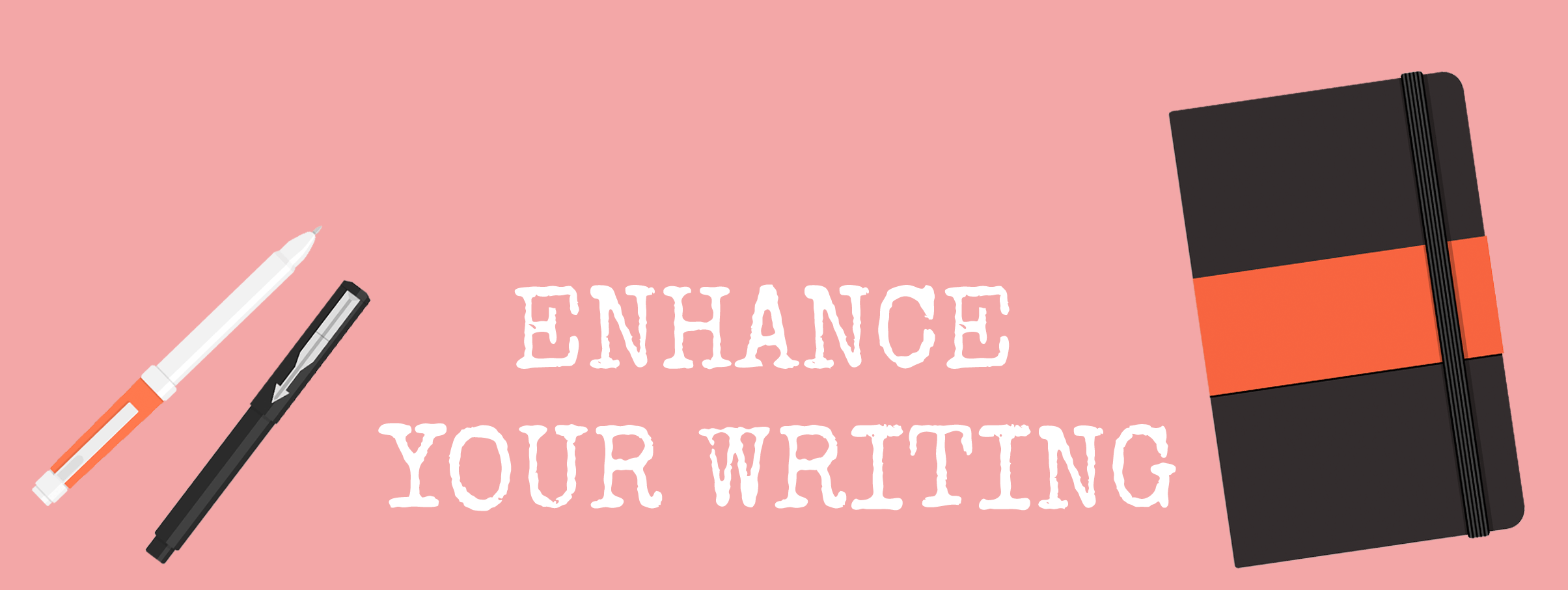

Throughout your second year, academic staff will want to see you developing your writing skills from year one. If you have written assignments coming up this year, there are some steps you can take to enhance and improve your written work.
Follow the links to find more detailed advice on the Skills@Library website, and remember that you can book an appointment to discuss any of these issues confidentially with one of our Learning Advisors.
Create a plan before you start writing. This will help you to produce a clear and well-structured assignment. A plan can help you to think about how you are going to answer the question. Our Planning your assignment topic page will provide you with some practical advice on planning which will make the writing process far easier.
Take time to understand and interpret your question, assignment brief and marking criteria. The Interpreting your assignment tutorial will guide you through the process, from analysing different parts of the title and brief, to what questions you need to consider before putting pen to paper.
Make more effective notes by trying a new technique like the three column approach to note taking. You can use this in your lectures, in preparation for seminars and when researching for assignments.
Our note making tutorial provides more advice and suggestions on this technique and other options, to help you actively engage with your learning.
Once you have a plan for your writing, you can use it to create the structure for your writing. Think about what your key points are, and use evidence to support your claims; remember to also include and evaluate counter claims and evidence. The Structuring pages provide further advice on how to create a clear and coherent structure for your reader.
Critical thinking means not accepting what you read or hear at face value, but always questioning the information, ideas and arguments you come across in your studies. When you read the work of others you need to ask the right questions to evaluate each source and the arguments within; our critical reading pages will help you question what you read and hear. Your writing needs to show that you have the ability to weigh up different arguments and evidence to form your own opinions and ideas; the critical writing pages provide further information about critical/analytical writing.
Getting used to the conventions around academic language will help to improve your general writing style. This can make it easier for the reader to understand the arguments you are presenting, and to get your own voice across to them. For some practical advice have a look at our academic writing: language pages.
Referencing correctly is important to demonstrate how widely you have researched your subject, to show the basis of your arguments and conclusions and to avoid plagiarism. There are several different referencing styles in use at Leeds, make sure you are using the style required by your department. If you are unsure about anything, the Referencing pages provide guidance and examples for the different styles.
Most writing will require several drafts and revisions in order to improve the clarity and structure; it is rare that a writer will make the very best decisions in the first draft. See our Proofreading page for more details.
Video - Students talk about academic writing skills